It’s a competitive market out there, and retailers put a lot of thought into presenting their products in a way that will encourage people to spend more. One of their favourite strategies makes use of the decoy effect.
What is the decoy effect?
The original decoy was an artificial duck that hunters used to lure live ducks into their gun sights. Marketing decoys exist to lure customers into choosing a “target” item: the one the retailer most wants you to pick. The most well-known demonstration of the decoy effect was carried out by MIT Professor Dan Ariely after he noticed something strange in The Economist. The magazine offered three subscriptions:
- An internet-only subscription for $59
- A print-and-internet subscription for $125
- A print-only subscription for $125
Why would it offer a print-only option for the same price as a print-and-internet one? Ariely decided to find out. He showed the three options to 100 of his students and asked them to pick one: 16 chose the internet-only subscription and the other 84, the print-and-internet option. The majority had spotted the obvious advantage of the print-and-internet option over the print-only option. Then Ariely showed them the offers again, this time without the print-only subscription that no-one had picked anyway; 68 of them chose the cheaper internet-only option and only 32 went for print-and-internet. The print-only option had been operating as a decoy, and it had made 52 of the students spend more than they otherwise would have. (1)
Most decoys tend to be more subtle. Consider the price of three coffees at your average trendy java vendor: the small size might cost $2.95, the medium, $3.75, and the large, $4.15. The pricing of the medium option — 80 cents more than the small but just 40 cents cheaper than the large — is designed to make you see the biggest drink as the best value for money.
The decoy effect doesn’t just change the way we feel about products. Decoys can affect the jobs we choose to take (2), the vacations we choose to go on (3), and the way we choose to vote. (4) They can affect our healthcare choices (5), our stock picks (6), and our legal settlements. (7) Decoys can even affect our choice of dating partners, according to research carried out by psychologists Constantine Sedikides, Dan Ariely, and Nils Olsen. In their study, the researchers provided participants with a sample of potential dating partners who had been pre-rated on their physical, cognitive, and personality attributes. They found that a person’s decision could be influenced by the introduction of a similar, but slightly less desirable, dating prospect. (8)
The decoy effect is irrational. A person who prefers the chicken rigatoni over the vegetarian lasagna should not change their preference on learning that the seafood spaghetti is also available. So, why do decoys work?
Decoys take away the stress of decision making
When we’re choosing between products, we have to decide which features are important, how much they are worth, which product has the right combination, etc. fMRI studies have shown that deciding between two options is more mentally taxing than deciding between three options that include a decoy. It makes us feel conflicted, stressed, and unhappy. (9) When a decoy is present among the options that we’re considering, our brains — which prefer to make fast and simple decisions — notice the relationship between the target item and the decoy very quickly and gratefully latch onto the decoy’s clear inferiority to help them decide. (10)
Decoys make us feel comfortable with our choices by giving us ready-made justifications for them. We don’t want to make mistakes, and we definitely don’t want to be seen making them. In fact, if we have to justify our decision to others, we are even more likely to fall for the decoy effect. (That said, there are limits: in one study, very few students could be persuaded to select the cheap beer even if it did look like the best option, because they were afraid that they would be judged poorly for their decision). (11)
Decoys are also thought to capitalize on what psychologists call “loss aversion,” which is the idea that we hate losing more than we like winning; finding $20 on the street may brighten your mood for a short while, but losing $20 from your wallet will ruin your day. But the very definition of “loss” is subjective: a loss compared to what? Losses and gains are defined relative to a reference point, and decoys manipulate where that reference point is. Compared to the decoy, the target item is better on all fronts, whereas the third option is better in some ways and worse in others. Loss aversion causes us to focus on the disadvantages when making our decision, and as a result, we are more likely to pick the target item.
That said, our need to justify our decisions and our fear of losing out does not explain why the decoy effect has been observed in people choosing between rectangles of different sizes (12) and honeybees choosing between flowers. (13) However it works; the trick is not to fall for it.
Beware items in sets of three
The decoy effect is most effective when there are only three options in play, so you can bet that if you’re in a situation in which you find yourself evaluating three items, it’s not by accident.
Figure out your needs and preferences ahead of time
It’s always a good idea to do your research. Decoys have less influence on people who are familiar with the products they are thinking of buying (14), people who have clear ideas about which attributes they find important — brand name, value for money, quality, size, etc. — and people who are more interested in the task at hand. (15)
Just looking for extra information may help. In one study, students were split into four groups and asked to pick either a car or a plane ticket. Students in the first group were asked to choose from two alternatives. Students in the second group were asked to choose from a set of three that also included a decoy. The students in the last two groups were first shown two alternatives and then either given the option to look for another, similar option (group 3) or asked to look for another option (group 4). Their search was designed to lead them to the third, inferior alternative, the decoy.
The results from the first two groups were unsurprising; preferences were pretty equally split between the two options in the first group, and most of the students in the second group fell for the decoy effect. However, the students who had searched for an alternative were much less likely to be influenced by the decoy. Whether they had searched for it voluntarily or been asked to do so, most of them stuck to their original choices. If anything, searching for the alternative product made them even less likely to pick the target item. (16)
Don’t trust your gut
The people most susceptible to the decoy effect are those who tend to rely on intuitive reasoning. If you strongly agree with this statement, “I hardly ever go wrong when I listen to my deepest gut feelings to find an answer,” but not with this one, “I don’t think it is a good idea to rely on one’s intuition for important decisions,” you are more likely to fall for the decoy effect. (17)
Unfortunately, thinking more carefully does not necessarily reduce the decoy effect, because its occurrence is independent of rational thinking. That said, a vigilant mindset has been shown to help. In one study, participants were split into two groups and asked to imagine purchasing a digital camera. They were told that they had already done some research and had narrowed their choice down to three options, which were similar in all but two attributes: battery life and picture quality. One group made their choices immediately while the other group was asked to “Please evaluate the cameras presented below with scores on these two attributes. In doing so, think about which option is best in preventing the most problems.” The latter group was immune to the decoy. (18)
It also pays to be rested; our mental resources are limited, and research has consistently shown that, when these resources are depleted, our decision-making process is likely to rely on more intuitive processing, and we are more likely to be swayed by the presence of a decoy; the easy choice will always win. (19)
Let regret work for you
When it comes to the decoy effect, the trick to making your mind work for you is to try and justify your decision to yourself, rather than to other people. You can do this by using regret. Regret is a feeling that we experience when we think that our current situation would have been better if only we had decided differently. It is ubiquitous, powerful, and unpleasant, and it affects a huge variety of our everyday choices as we do our best to avoid it.
Psychological research has shown that “anticipated regret” — the regret we feel right now at the idea of making a decision that will turn out poorly — is such an important factor in decision making that it actually overpowers the decoy effect and helps us make better choices. In one study, 242 undergraduate business students were split into two groups and asked to imagine that after an extensive job search, they had narrowed their options to three jobs. These jobs were similar in every way except for two attributes — work interest and promotion possibilities — and they were asked to pick one. One group was told that they would have to justify their decision. The second group was told to “keep in mind that there is no guarantee that the job you pick will be right for you. You could find yourself in a job you don’t like, regretting the decision you made and wishing you had picked one of the other jobs.” The results showed that whereas warning students that they would be asked to justify their choices only made the decoy effect worse, asking the students to think about the regret that they might experience if their choice turned out badly greatly reduced and even eliminated the decoy effect. (20)
Ask a woman or an older person
Testosterone has been shown to shift the balance between System 1 (intuitive) and System 2 (analytical) thinking, making people more reliant on their gut feelings and thus more vulnerable to the decoy effect. In one study, researchers administered testosterone to 63 male volunteers before asking them to choose between 10 pairs of products. Each pair was presented twice, once with a decoy targeting the first product, and then again with a decoy targeting the second product. The men who’d been given the extra testosterone were much more likely to select the target (dominating) option each time. (21) Men in pairs would probably do even worse. (22) For a more flexible response, add a woman to the mix.
Likewise, people over the age of 65 have been shown to be less vulnerable to the decoy effect, possibly because the marketplace experience that they have built up over the years has made them wise to marketing tricks or more cautious about impulse purchases. (23) When in doubt, ask Grandma.
REFERENCES
(1) Ariely, D. (2009). Predictably Irrational: The Hidden Forces That Shape Our Decisions. HarperCollins, New York, NY, USA.
(2) Reb, J., Li, A., & Bagger, J. (2018). Decoy effect, anticipated regret, and preferences for work-family benefits. Journal of Occupational and Organizational Psychology, 91, 441-464.
(3) Josiam, B. M., & Hobson, J. S. P. (1995). Consumer Choice in Context: The Decoy Effect in Travel and Tourism. Journal of Travel Research, 34(1), 45-50.
(4) Chang, L. W., & Cikara, M. (2018). Social decoys: Leveraging choice architecture to alter social preferences. Journal of personality and social psychology, 115(2), 206-223.
(5) Stoffel, S.T., Yang, J., Vlaev, I., & von Wagner, C. (2019). Testing the decoy effect to increase interest in colorectal cancer screening. PLoS ONE, 14(3), e0213668.
(6) Paris, B. (2012). The Decoy Effect and Investors stock preferences. Honors Theses and Capstones, 12. University of New Hampshire.
(7) Kelman, M., Rottenstreich, Y., & Tversky, A. (1996). Context-Dependence in Legal Decision Making. The Journal of Legal Studies, 25(2), 287-318.
(8) Sedikides, C., Ariely, D., & Olsen, N. (1999). Contextual and procedural determinants of partner selection: Of asymmetric dominance and prominence. Social Cognition, 17(2), 118-139.
(9) Hedgcock, W., & Rao, A. R. (2009). Trade-Off Aversion as an Explanation for the Attraction Effect: A Functional Magnetic Resonance Imaging Study. Journal of Marketing Research, 46(1), 1-13.
(10) Hu, J., & Yu, R. (2014). The neural correlates of the decoy effect in decisions. Frontiers in Behavioral Neuroscience, 8, 271.
(11) Simonson, I. (1989). Choice based on reasons: The case of attraction and compromise effects. Journal of Consumer Research, 16(2), 158-174.
(12) Trueblood, J. S., Brown, S. D., Heathcote, A., & Busemeyer, J. R. (2013). Not just for consumers: Context effects are fundamental to decision making. Psychological Science, 24(6), 901-908.
(13) Shafir, S., Waite, T. A., & Smith, B. H. (2002). Context-dependent violations of rational choice in honeybees (Apis mellifera) and gray jays (Perisoreus canadensis). Behavioral Ecology and Sociobiology, 51(2), 180-187.
(14) Hadar, L., Danziger, S., & Hertwig, R. (2018). The attraction effect in experience‐based decisions. Journal of Behavioral Decision Making, 31(3), 461-468.
(15) Mishra, S., Umesh, U. N., & Stem, D. E. (1993). Antecedents of the Attraction Effect: An Information-Processing Approach. Journal of Marketing Research, 30(3), 331-349.
(16) Hartzler, B. M. (2012). Decoy Effects in a Consumer Search Task. Doctoral dissertation, Bowling Green State University.
(17) Mao, W., & Oppewal, H. (2011). The attraction effect is more pronounced for consumers who rely on intuitive reasoning. Marketing Letters, 23(1), 339-351.
(18) Malkoc, S. A., Hedgcock, W., & Hoeffler, S. (2013). Between a rock and a hard place: The failure of the attraction effect among unattractive alternatives. Journal of Consumer Psychology, 23(3), 317-329.
(19) Pocheptsova, A., Amir, O., Dhar, R., & Baumeister, R. F. (2009). Deciding without resources: Resource depletion and choice in context. Journal of Marketing Research, 46(3), 344-355.
(20) Connolly, T., Reb, J., & Kausel, E. E. (2013). Regret salience and accountability in the decoy effect. Judgment and Decision Making, 8(2), 136-149.
(21) Liao, J., Zhang, Y., Li, Y., Li, H., Zilioli, S., & Wu, Y. (2018). Exogenous Testosterone Increases Decoy Effect in Healthy Males. Frontiers in Psychology, 9, 2188.
(22) Nikolova, H., & Lamberton, C. (2016). Men and the Middle: Gender Differences in Dyadic Compromise Effects. Journal of Consumer Research, 43, 355-371.
(23) Tentori, K., Osherson, D., Hasher, L., & May, C. (2001). Wisdom and aging: irrational preferences in college students but not older adults. Cognition, 81(3), B87-B96.


